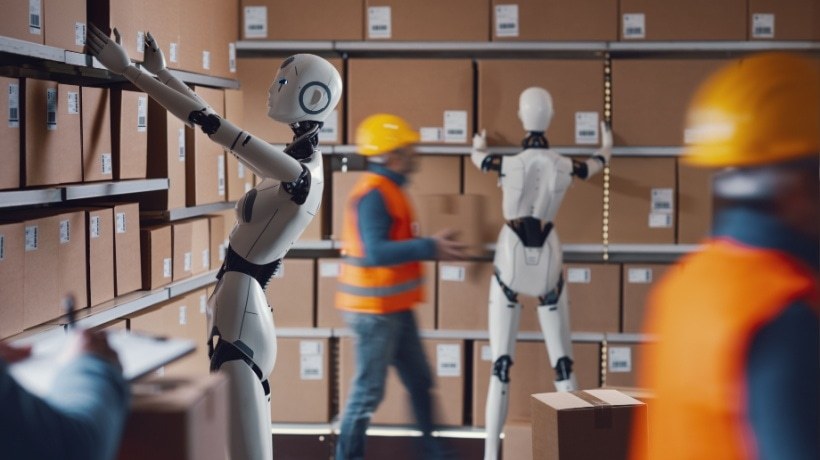
"According to the World Economic Forum, about 85 million jobs could be replaced by automation and Artificial Intelligence by 2025, raising fears about career stability."
"AI systems are becoming increasingly integrated into everyday life, capable of tasks ranging from answering questions to assembling products, impacting job dynamics significantly."
"The evolution of AI in the workplace reflects a historical pattern where while certain jobs disappear, new roles and opportunities frequently emerge, showing resilience in job markets."
"Today's AI is unlike past technologies; it features advanced algorithms that can learn, problem-solve, and automate complex tasks, changing how businesses operate."
AI is reshaping the job market, with predictions from the World Economic Forum estimating that 85 million jobs may be lost to automation and AI by 2025. While this raises concerns, previous industrial transformations show new job opportunities often arise as technologies advance. AI's capabilities have evolved significantly, enabling machines to learn patterns, automate complex tasks, and function in various sectors. Historical data indicates that despite the fear of job loss, industries adapt, leading to shifts rather than total job elimination, emphasizing the need for awareness and adaptability in careers.
Read at eLearning Industry
Unable to calculate read time
Collection
[
|
...
]